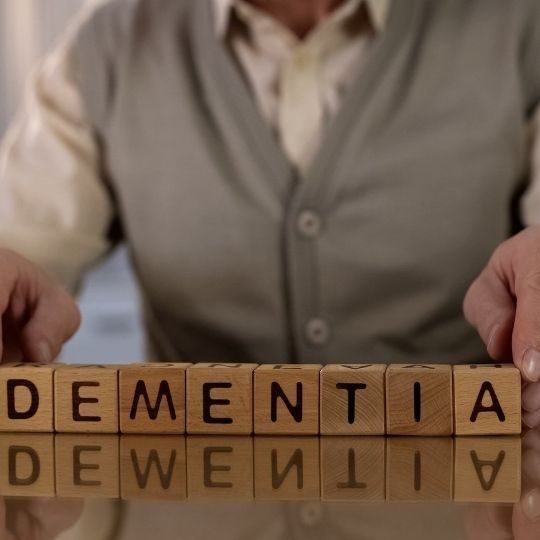Summit Eye Center Blog
Cataract Surgery Lessens Dementia Risk

“The world only exists in your eyes,” was a quote from F. Scott Fitzgerald. This statement is very relevant when we think of our senses such as sight and hearing and their impact on the aging process and dementia.
Numerous studies have demonstrated an association between sensory impairment and cognitive decline. There are a number of reasons that loss of sight and hearing could contribute to an increased risk of dementia. Many of these involve increased social isolation or decreased cognitive stimulation as a result of the sensory impairment.
A recent study in the Journal of the American Medical Association has demonstrated that patients 65 and older who underwent cataract surgery had a lower risk of developing dementia. This finding has implications for the care of older people who are both at risk for decreased vision due to cataracts and impaired cognition due to age-related dementia. The effect of cataract surgery lowering the risk of dementia is persistent beyond 10 years. The improvement in the quality of life for this age group and their family members is likely significant.
Dementia affects over 6 million Americans. At this time, there is no effective treatment. Anything that can be done to reduce one’s risk or delay the onset of dementia is important.
Over 24 million Americans have cataracts. The incidence of cataract increases with age. The age of many cataract patients corresponds to the age most at risk of developing dementia.
There are a number of hypotheses why cataract surgery is linked to this decreased risk of dementia. One of the earliest symptoms of cataracts is glare that results in a person feeling less comfortable with night driving. This may lead a person to skip meeting with a social group for dinner or some other activity because they don’t feel comfortable driving at night. Once they skip one event, it becomes easier to skip another. A link between decreased social interaction and dementia is known.
As a person’s cataracts progress, they may have more difficulty with activities such as reading, puzzles, card games or needlework. These activities each stimulate one’s brain in a manner that can ward off dementia development or progression.
The vision impairment of cataracts may have a deeper link to dementia development, in that it may decrease neuronal input throughout the visual pathway in the brain. The visual cortex undergoes structural changes with vision loss. Also, compensation for the vision loss may increase the cognitive load on a person and cause a quicker cognitive decline.
There may be a link between the filtering of light caused by the cataract and dementia. We already know that blue light is important in our circadian rhythm and cognitive function. As a cataract progresses, it gradually filters out more and more blue light. This could have a negative effect on one’s circadian rhythm and the brain activity associated with a normal circadian rhythm.
Cataract surgery is the most common surgery in the United States. It is an outpatient procedure that allows the patient to return home the same day as the surgery. Typically, one eye has surgery and then 1 to 2 weeks later, the second eye’s surgery is performed. Visual recovery is quite quick, with patients able to resume most activities the day after surgery. Full recovery is usually in about 4-6 weeks.
Summit Eye Center focuses a major portion of their practice on cataract surgery. If you would like to learn more about cataract surgery, contact Summit Eye Center at 816-246-2111 or
